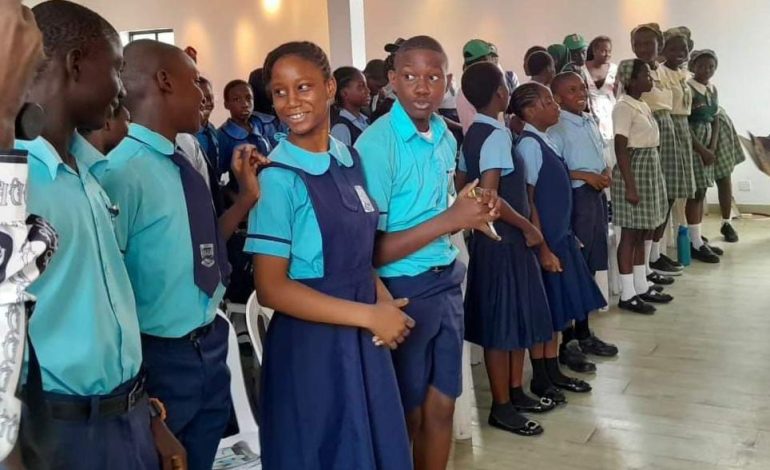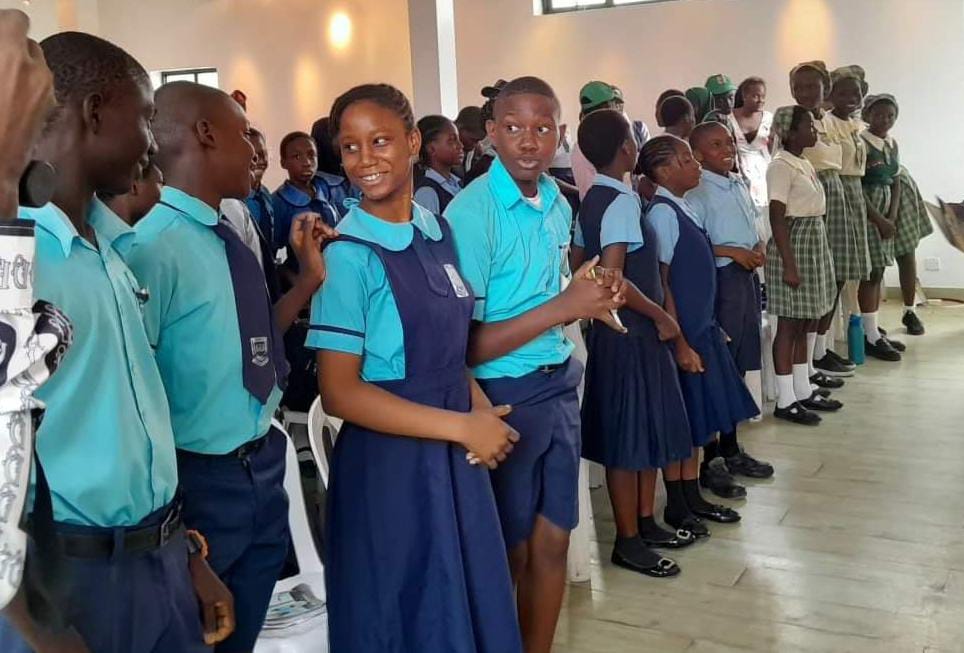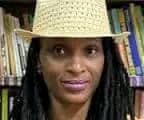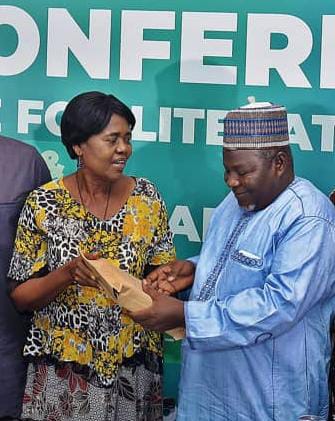Again, making a case for mother tongue at IMLD celebration

By Ndidi Chiazor-Enenmor
AT a workshop organised by Walnut Publishing in collaboration with Didi Museum, the stark reality of the gradual but steady decline of our local languages or mother tongues was again brought to the fore. The workshop was to celebrate the annual International Mother Language Day and hordes of secondary school students and teachers were in attendance. The core activity assigned to the students was spectacular: rendition of poems in any Nigerian language of their choice. It was spectacular because for many in the audience, it would be their first time to witness poetic recitations and performances rendered in Nigerian languages and dialects. While many of the students’ performances turned out to be outstanding, some could not meet up with the primary criterion – they made their presentation in English instead of the mother tongue as stipulated. All the same, it was both a learning and entertaining session.
The International Mother Language Day celebration was initiated in 1999. It was in remembrance of an event that took place in East Pakistan, now Bangladesh, on February 21, 1952. On that day, students of the University of Dhaka protested against the Pakistani government’s decision to impose Urdu as the only official language of the country. On November 17, 1999, the General Assembly of the United Nations Education, Scientific and Cultural Organisation (UNESCO) approved and proclaimed February 21, as the International Mother Language Day. Consequently, the event was first marked on February 21, 2000, and it has become an annual event ever since. The objective, as declared by UNESCO, is to promote the preservation and protection of all languages and to encourage people to use their mother tongue. The International Mother Language Day is also aimed at raising awareness about the importance of linguistic diversity in promoting cultural understanding, peaceful coexistence, and sustainable development.
The theme for this year’s celebration is ‘Multilingual Education as a Pillar for Intergenerational Learning’, which is apt, especially at this time when intergenerational learning, though threatened, is catching global attention. The question to ask ourselves is, ‘How well are we doing as a nation to harness the gift of the multiplicity of our languages?’ In the ranking of countries with the most linguistic diversity, Nigeria comes third with 517 languages, after Papua New Guinea and Indonesia with 840 and 711 languages respectively. India follows with 456 languages, and the United States of America ranks fifth with 328 languages. The multiplicity of spoken languages in Nigeria should be a thing of pride because our languages are a crucial part of our cultural heritage. Before the advent of formal education, these languages were the means of transmitting learning and preservation history through the means of oral tradition.

School children at International Mother Languuage Day celebration at Didi Museum, Lagos PHOTO: DIDI MUSEUM Facebook wall
We should all lend our voices to the call in many quarters that mother tongue should be the first language spoken in homes. Furthermore, our educational system should factor in more practical measures to promote the various mother tongues or local languages in the school curricula at all levels of education. In tertiary institutions, the compulsory general courses could be tilted to include the study of a local Nigeria language of the institution’s catchment area. This should not be restricted to Igbo, Hausa and Yoruba but should include other languages, especially the language of the town or city where the institution is located.
Many languages are under threat of extinction. A language disappears and becomes extinct when it is no longer being spoken. It is estimated that about 43% of the world’s estimated 6,000 spoken languages are endangered. When a language goes into extinction, the cultural heritage associated with it equally goes into oblivion. Globalisation has been a major reason many languages are disappearing. While we may not be able to defeat globalisation, we can help to reverse its negative consequences. That is why the marking of the International Mother Language Day is important. It is a way of paying closer attention to the need to preserve our languages by all means. But beyond the annual celebration of the mother tongue, we can keep our languages alive, and the principal means to way to do this is to keep speaking them at home, especially to our young ones who have the ability to learn and absorb as many languages as they encounter.
* Chiazor-Enemor, CEO of Walnut Publishing Company and author of adult fiction, If They Tell the Story and children’s books, A Hero’s Welcome, A father’s Pride, Timi and the Barber and Stories of Our Land, contributed this piece from Lagos



